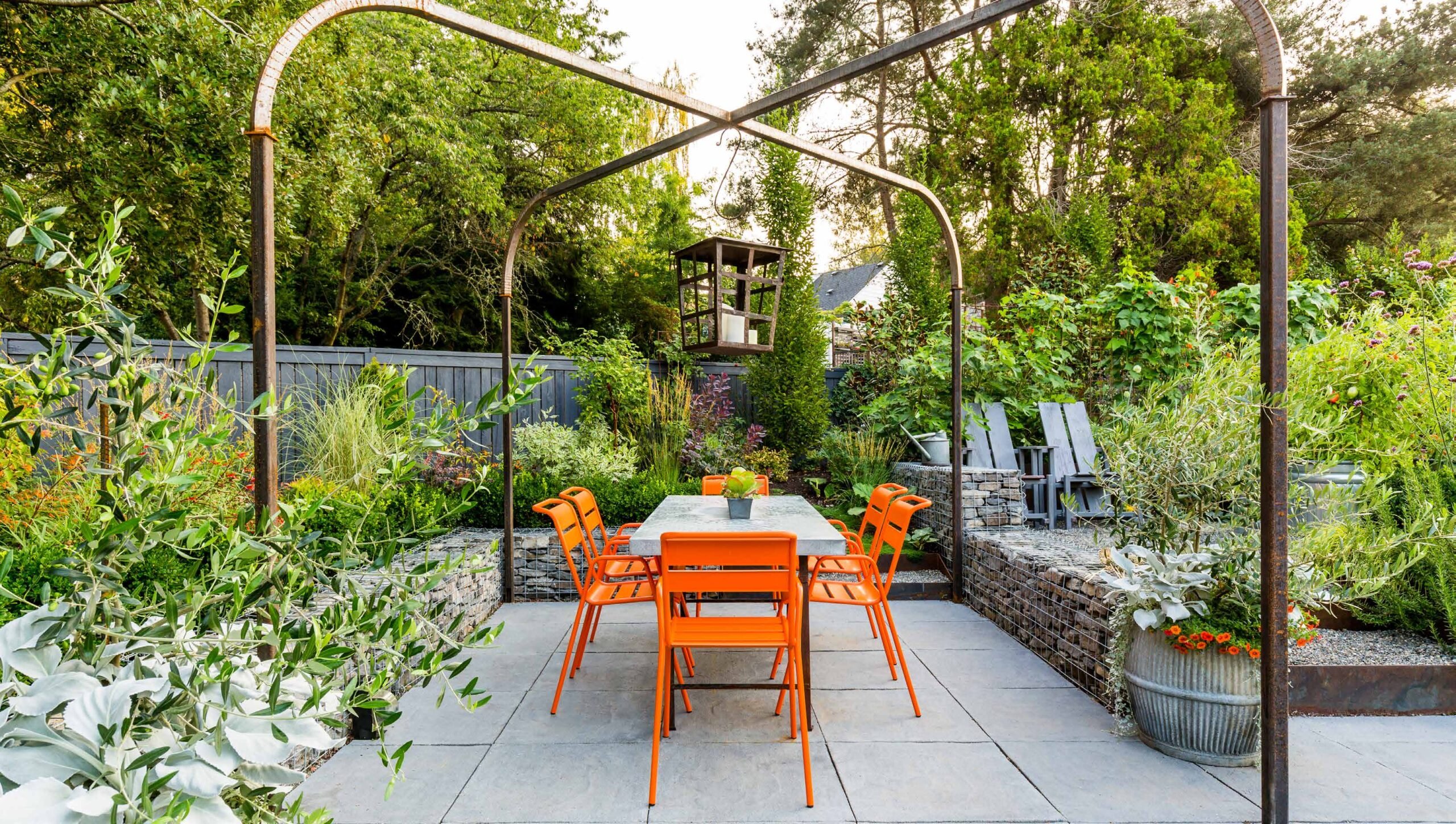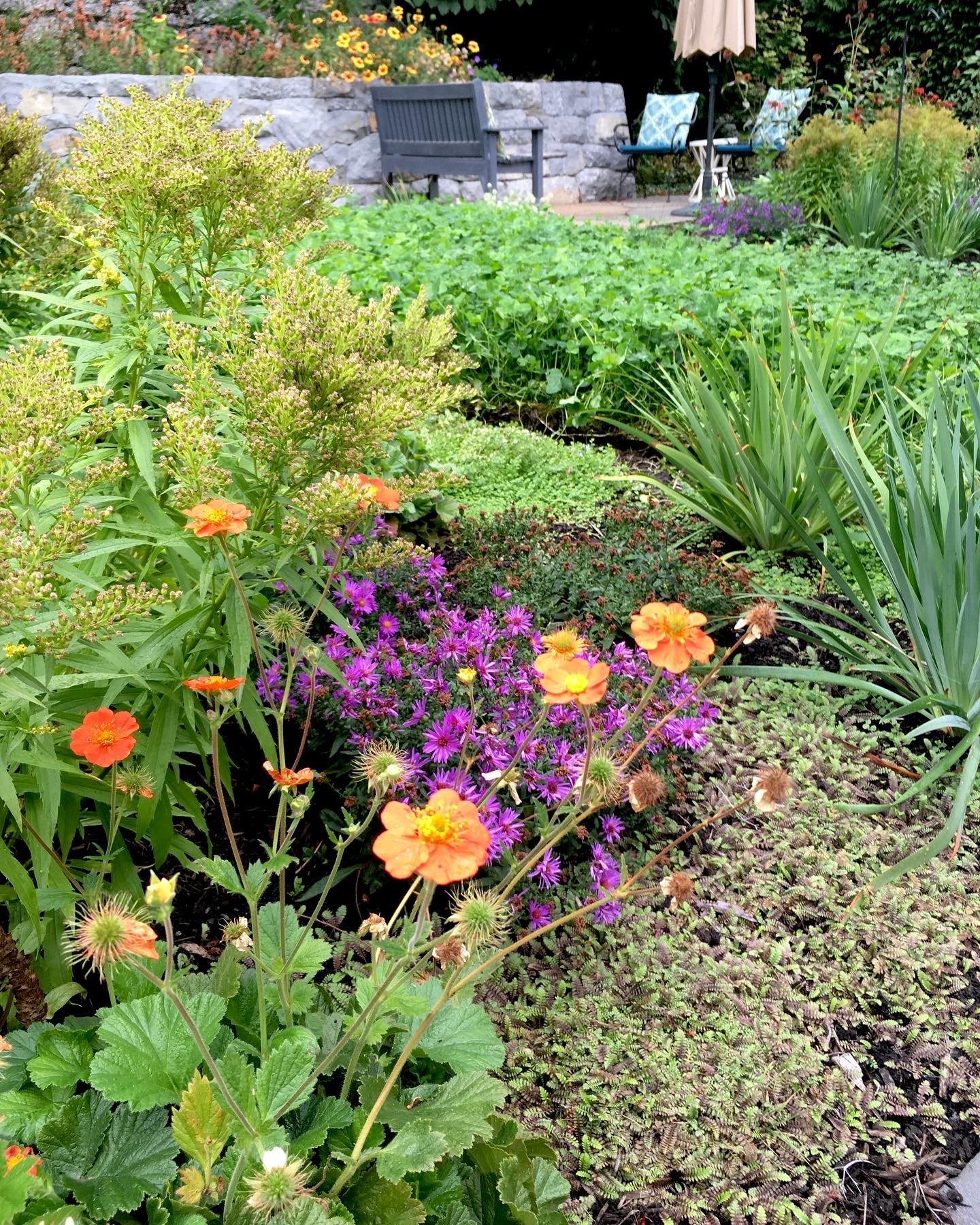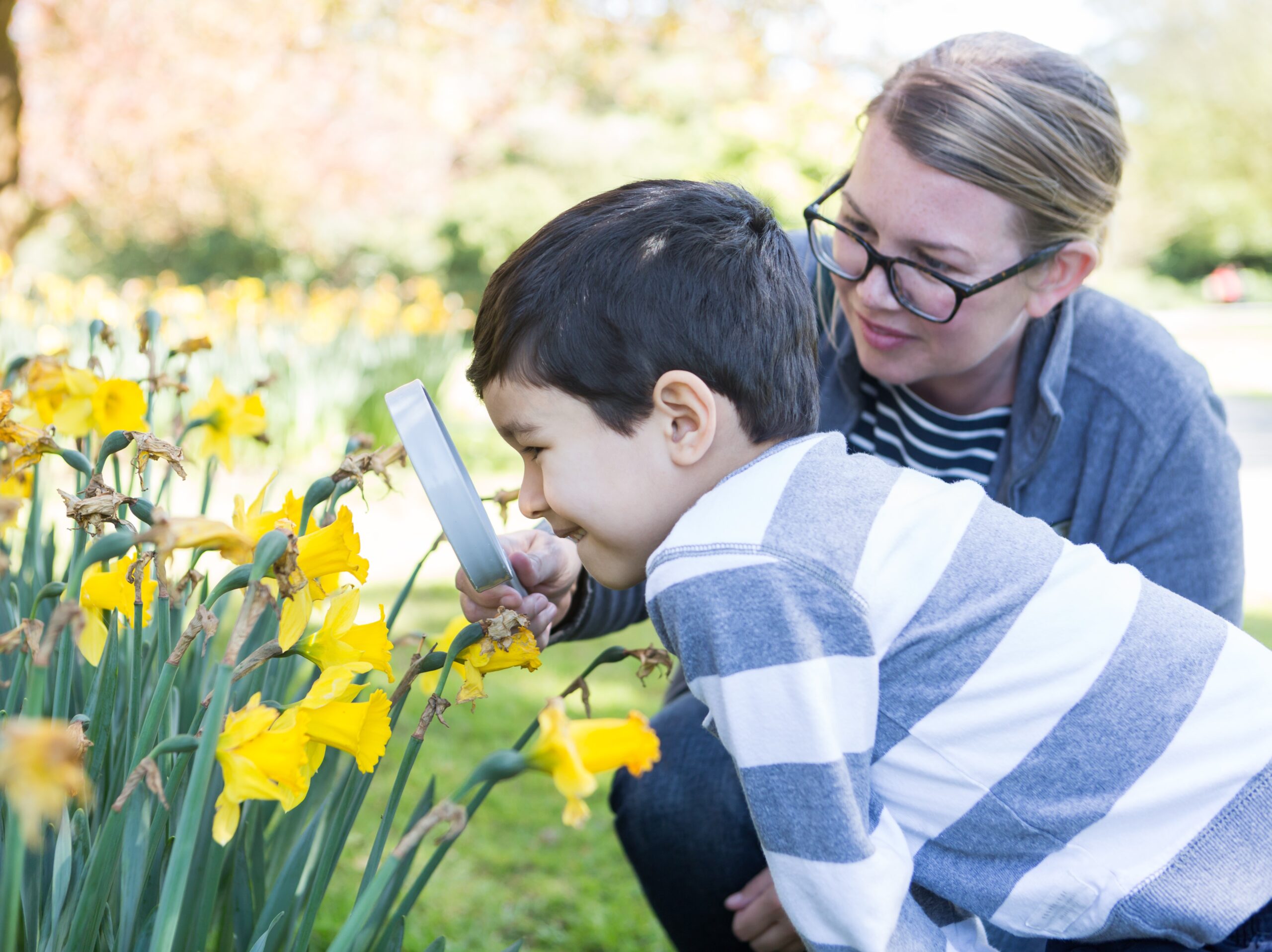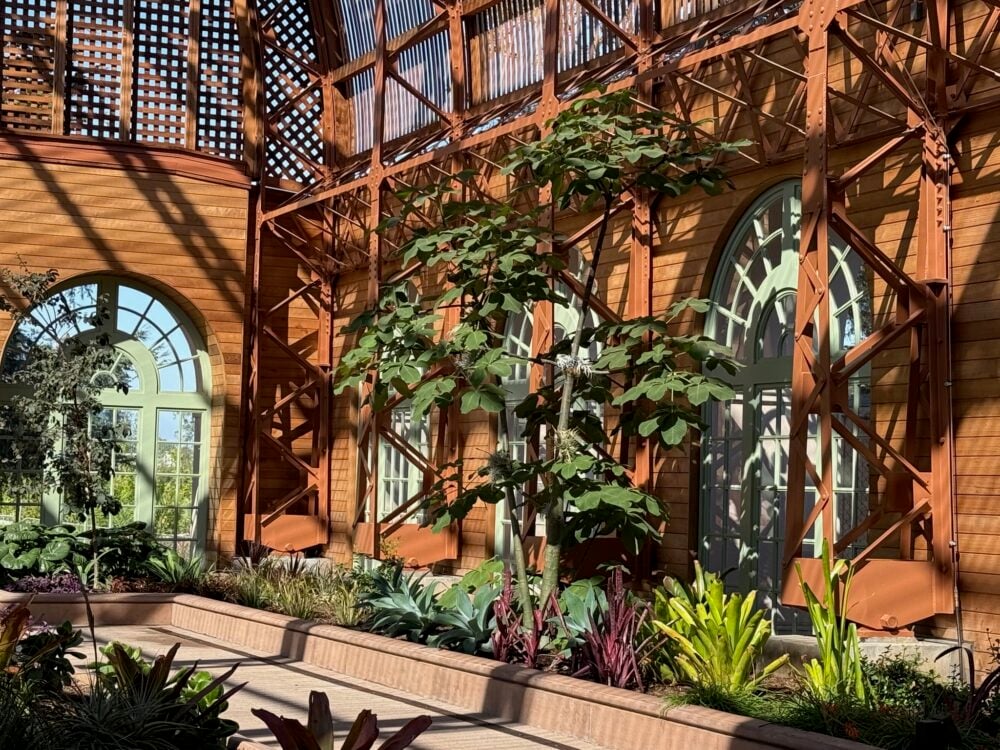

Contributor
 Saving Tarboo Creek is the story of humans working to undo the impact of other humans on the natural environment.
Saving Tarboo Creek is the story of humans working to undo the impact of other humans on the natural environment.
Author Scott Freeman and his wife Susan Leopold Freeman purchased a piece of land on the Olympic Peninsula in Western Washington. Running from north to south, Tarboo Creek, one of the most pristine estuaries left in Puget Sound, bisected the parcel. From the beginning the Freemans and their two then-young sons set out to join a community of private individuals and public organizations already working to restore wild salmon habitat.
Susan’s grandfather, Aldo Leopold (1887-1948), was a respected conservationist, and a pioneering environmental ethicist who believed “good people should treat the land around them the same way good people treat the people around them.” This once revolutionary land ethic is the foundation for everything the Freemans do. But theirs is a very 21st century story.
Everything is connected. As Freeman observes, “An ecosystem is a tapestry; climate change pulls at the threads.”
And so the Freemans set out to bring back the salmon. But first they needed to restore the creek, which means returning a manmade channel to a naturally meandering stream that swells and shallows, pools and riffles. We learn the importance of clean gravel and cooling shade. Which leads to a discussion of trees and reforestation. But how do you decide which tree seedlings to purchase? Examining ancient growth and relic stumps reveals what used to flourish in these woods. But the impact of climate change and rising temperatures prompts the question, “Do we plant trees for the past or for the future?”
Spoiler alert, a healthy salmon run is restored—the language and excitement of this part of the book was thrilling: “When a big year is peaking, the creek is a frenzy of flashing red skin, fighting, splashing, and sex.” As a child of the Pacific Northwest I’m familiar with streams filled with bloated dead fish after a salmon run. This chapter filled in the rest of this remarkable animal’s journey as they return from saltwater to their natal stream. It is is the stuff of heroics.
Finally, 192 pages later, my take away from this smart and thoughtful read is to pay attention. “If you are present, you can and will notice things—about the world and about yourself.”
The challenge is to live our lives with consideration for all of creation. To be a part of a community, and to take less than we give. For the future.
Share:
Social Media
Garden Futurist Podcast
Most Popular
Videos
Topics
Related Posts

Design Futurist Award Announced: Committee Shares Vision
March 8, 2023 At Pacific Horticulture, we believe that beauty can be defined not only by gorgeous plants and design, but also by how gardens

Nature Therapy from the Contemplative Garden
Winter 2022 Women’s hushed morning voices mingled with crashing waves and chattering crows. “The kettle’s still hot.” “Can you pass the honey?” Whoosh, crash, caw,

Portland Parks’ “Nature Patches”
Winter 2022 Nature is so beautiful when left to its own devices, yet crisply manicured lawns remain a status symbol. This is true in Portland,

January Showers Bring February flowers…
Fall 2022 It may not quite have the same ring to it as the old English proverb, but it has a lot more truth to









Responses